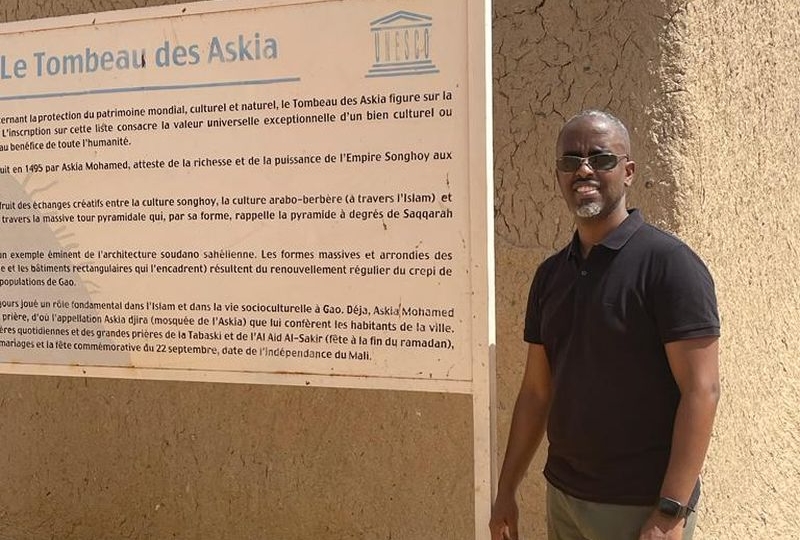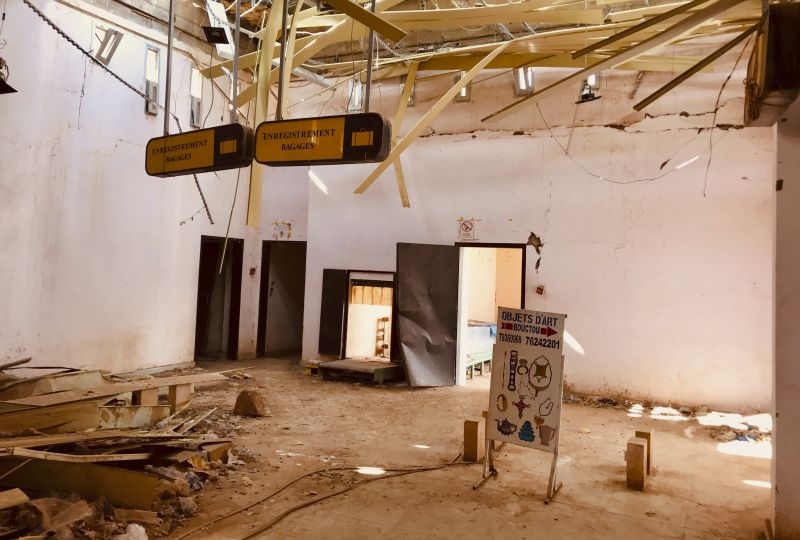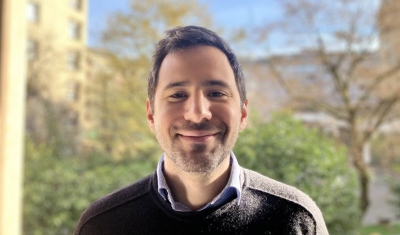10 June 2022
Said Condo Ndoli is the Head of the International Committee of the Red Cross (ICRC) subdelegation in Timbuktu, Mali where he is responsible for coordinating the sub-delegation’s operations by analyzing the humanitarian, political and security environment as well as identifying humanitarian needs and coordinating the humanitarian response to victims of armed conflicts and other situations of violence within Timbuktu region.
He has worked for the ICRC since 2016 in Mauritania, the Central African Republic, and Madagascar. In these various positions, he oversaw humanitarian operations by assisting locals, refugees and displaced communities and ensuring their access to basic needs (medical, food, water, shelter) while advocating for protecting their fundamental rights by the warring parties.
Said holds a diploma in economics, a bachelor’s degree in law (LLB) and graduated from our Executive Master in International Law in Armed Conflict in 2021.








